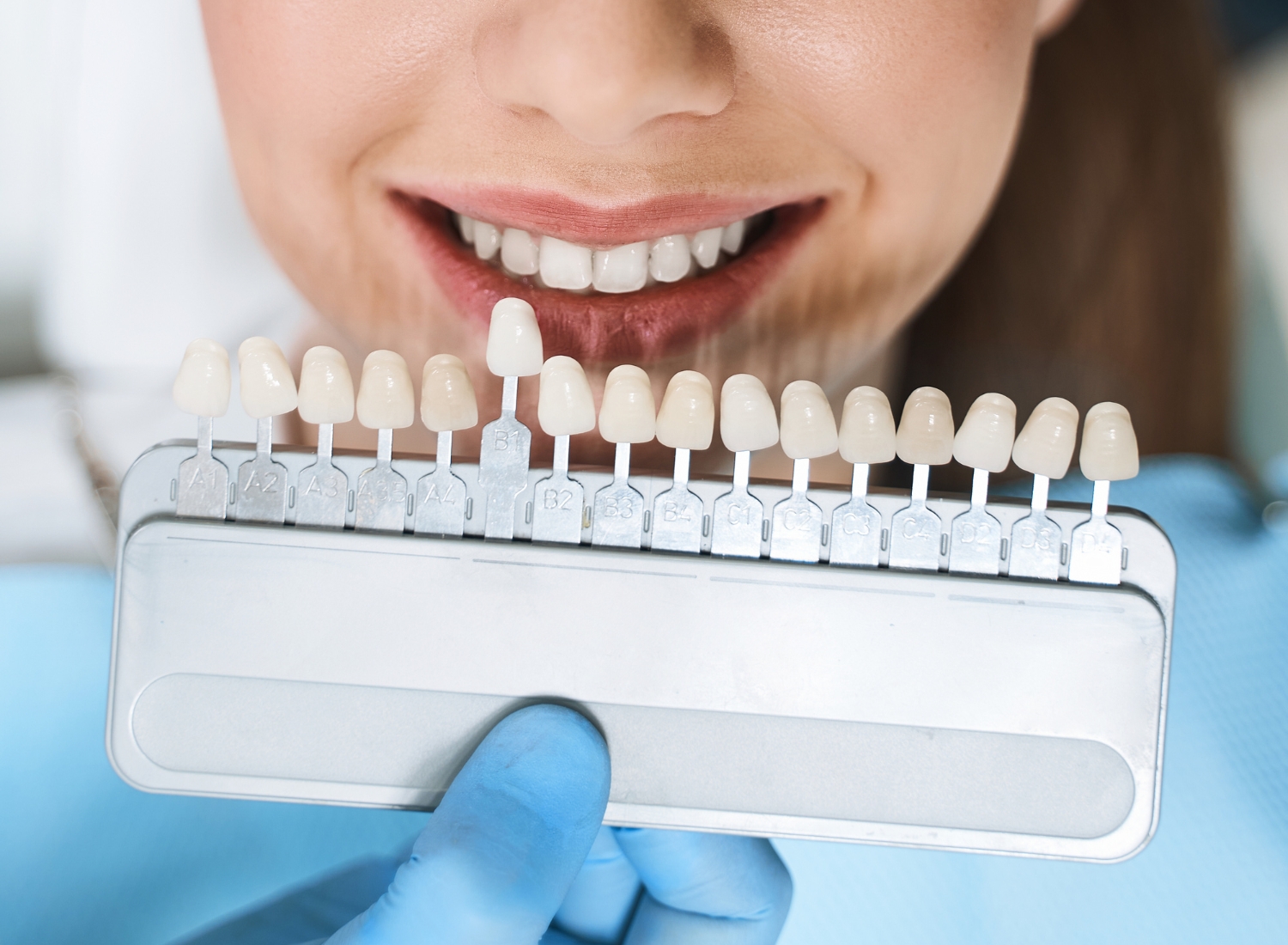How Soon After Getting Veneers Can I Eat?
When Can I Eat After Veneers?
If you’ve decided to invest in veneers for your teeth, congratulations! This procedure can give you the bright and beautiful smile of your dreams. But it’s natural to have questions about what comes next. Perhaps the most pressing concern is how soon after getting veneers installed can you begin eating? At Kissing Camels Family Dentistry in Colorado Springs, we understand that a healthy diet is essential for overall wellbeing; this is why we take extra steps to ensure our patients know when they may return to their normal eating habits. In this blog post, we explain when you may be able to start enjoying food again after receiving your veneers.
What Are Veneers and Why Are They Used in Dentistry
Dental veneers are thin, custom-made shells of tooth-colored ceramic or resin that are designed to cover the front surface of teeth to improve their appearance. They are a popular cosmetic dentistry solution for a variety of dental issues, including chips, stains, cracks, and gaps between teeth. During the procedure, a minimal amount of tooth structure is removed to accommodate the veneers, which are bonded to the teeth with a special adhesive. Veneers can transform a smile by creating a more aligned, dazzling look while maintaining a natural tooth structure. Talk to your dentist to find out if veneers are a suitable option for you.
Guidelines for Eating After Getting Veneers
After getting veneers, it is important to be mindful of what you eat to ensure the longevity of your new smile. While the porcelain shells are highly durable, they can still chip or break under excessive pressure. As a general rule, avoid biting into hard foods such as nuts, ice, or hard candy. It’s also important to steer clear of sticky foods like caramel or taffy, as they can cause the veneers to loosen. Instead, opt for softer foods such as cooked vegetables, fruit, and lean proteins like chicken or fish. And don’t forget to properly care for your teeth through regular brushing and flossing to keep your veneers looking their best. By following these guidelines, you can enjoy your new smile for years to come.
Different Types of Foods to Avoid After Getting Veneers
After investing in veneers, it’s understandable that you’d want to take extra care of your teeth. While you may not need to alter your diet completely, there are certain types of foods that should be avoided or consumed in moderation to ensure the longevity of your veneers. Sticky or chewy foods such as taffy or caramel can potentially damage the veneers or cause them to dislodge. Additionally, hard foods like apples or popcorn kernels can also pose a risk to your veneers. Acidic foods like citrus fruits and carbonated drinks can wear down the protective enamel layer of your teeth, which can expose the veneers to damage. By being mindful of the types of foods you consume, you can protect your investment and ensure a lifetime of healthy, bright smiles.
How Long Will It Take Before You Can Eat Normally Again
After undergoing a surgical procedure, one of the biggest concerns patients have is when they can resume their normal eating habits. While the duration of recovery may vary depending on the procedure, as a general rule of thumb, it may take a few days to a few weeks before you are able to eat without discomfort. Some factors that may affect the timeline include the type of dental sedation used, the extent of the surgery, and how well the patient follows the dietary instructions given by the healthcare professional. It is crucial to be patient during the healing process and to give your body time to fully recover before attempting to eat normally again. If you have any concerns or queries about your diet plan, do not hesitate to speak to your healthcare provider for advice.
Tips for Protecting Your Veneers From Damage
Veneers are a popular cosmetic dentistry procedure that can restore the appearance of damaged, discolored, or misaligned teeth. While veneers are durable, they still require proper care and maintenance to ensure they last as long as possible. To protect your veneers from damage, it’s important to avoid biting into hard foods or using your teeth as tools. Additionally, it’s essential to maintain proper oral hygiene with daily brushing, flossing, and regular dental cleanings. If you participate in any sports or activities that could result in facial injuries, consider wearing a mouthguard to protect your veneers. Following these tips can help keep your veneers looking their best for years to come.
The Benefits of Eating Properly After Getting Veneers
After getting veneers, it’s important to maintain a proper diet to ensure their longevity. Eating a well-balanced diet that includes plenty of fruits, vegetables, and lean proteins can not only keep your veneers in optimal condition, but it can also improve your overall oral health. Sugary and acidic foods and drinks, on the other hand, can erode the tooth enamel surrounding your veneers and lead to cavities. By being mindful of what you eat and practicing good oral hygiene habits, you can enjoy the benefits of your new smile for years to come. Consult with your dentist for more information on how to care for your veneers and maintain good oral health.
Contact Us Today
Veneers can be a great solution for a variety of dental issues – from discoloration to broken or misaligned teeth. While it is essential to understand the guidelines regarding what type of food and beverages you should avoid consuming after receiving veneers, it is just as important to remember that those same restrictions should remain in place throughout your lifetime if you want to protect your investment. Eating correctly and avoiding harsh foods will allow your veneers to last longer and by following these tips and sticking with soft foods, you are helping ensure the longest lifespan possible in your veneers. If you have any further questions regarding maintaining healthy eating habits after getting veneers or if you would like to learn more information about how our dental team can assist with properly fitting veneers for you, contact us today at Kissing Camels Family Dentistry to schedule an appointment.





